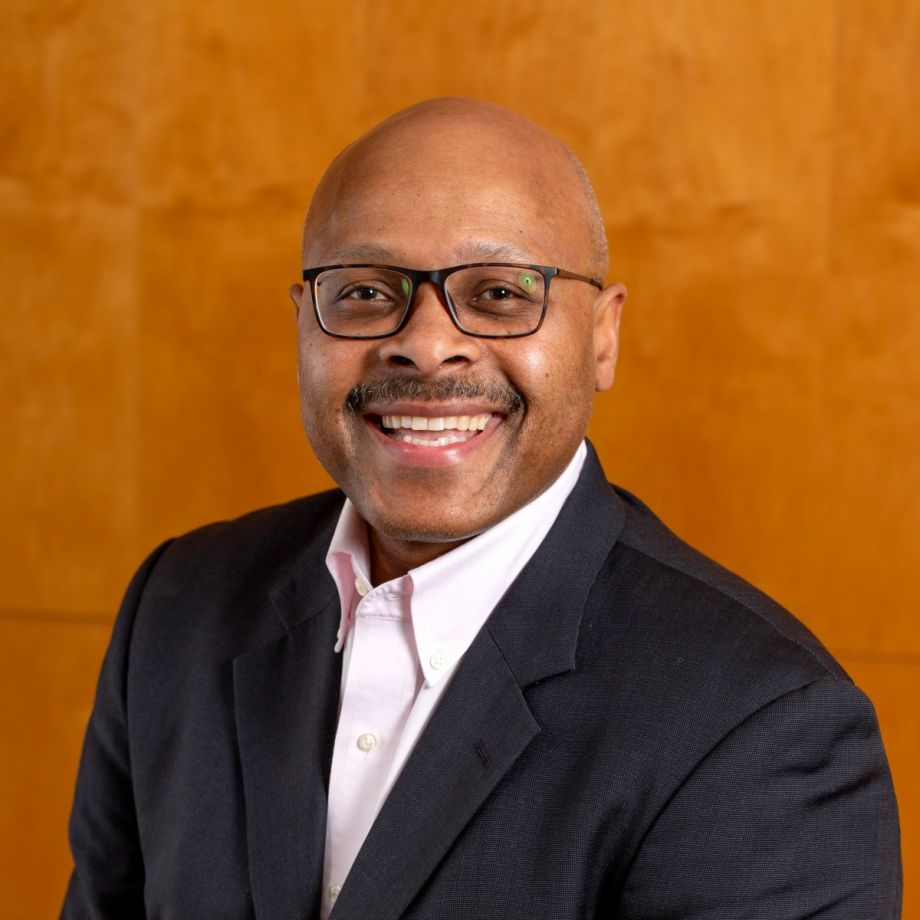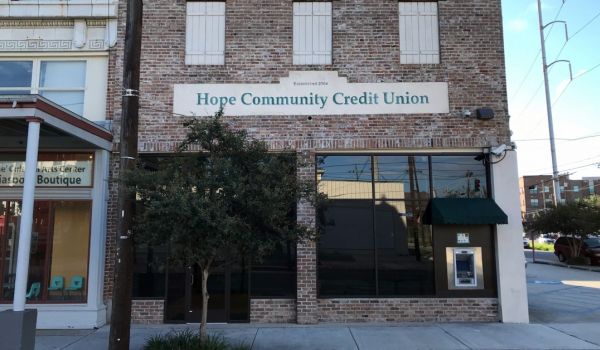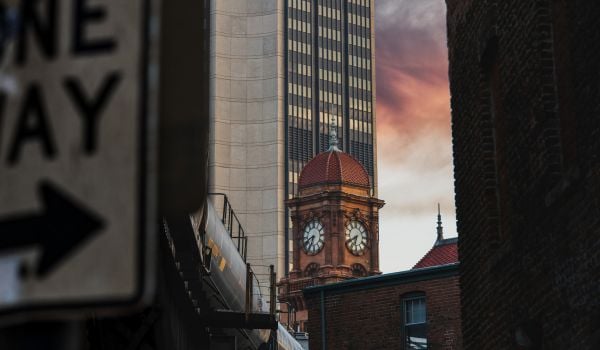In late 2020, five corporate leaders founded nonprofit startup OneTen with a bold goal: creating 1 million higher-paying jobs for Black Americans who don’t have four-year college degrees. Recently, Maurice Jones has stepped into the role of CEO of OneTen to lead that mission.
Most recently, Jones served as the president and CEO of Local Initiatives Support Corporation (LISC), one of the country’s largest CDFIs. Before joining LISC in 2016, he served as the secretary of commerce for the Commonwealth of Virginia, deputy secretary for the U.S. Department of Housing and Urban Development (HUD), and in the Clinton Administration, where he helped manage the CDFI fund.
He spoke with us recently about his ambitious job creation goals and where CDFIs need to go from here.
What is it about the goal of OneTen that attracted you?
One thing that keeps us from being a more perfect union is the incredible racial wealth gap. White families in our country have almost 40 times more wealth than Black families. If you look at jobs in our country that pay $60,000 and above, you find 79% of those jobs, on paper, require a four-year degree. If you look at jobs that pay $40,000 and above, on paper, 71% require a four-year degree. If you look at Black talent between the ages of 18 and 65; 76% of us do not have a four-year degree. So you’ve got this barrier to the middle class.

(Photo courtesy of Maurice Jones)
How does your CDFI experience inform your current work at OneTen?
What I saw at both the CDFI fund and LISC and, frankly, some other jobs that I did was: One, the role that wealth and health and power play in the prospects of people in communities around the country; two, the role that race and place play in the trajectories of people in communities around the country; and then three, the powerful, powerful role that the private sector has to play in order for us to tackle in a sustainable way these great social challenges that we have.
OneTen presented the opportunity to start with the private sector and to utilize my knowledge of the public sector and pull it into a journey that the private sector was initiating.
How will the new OneTen virtual network differentiate itself from a traditional job placement agency?
The aspiration for this technology platform is for it to be the facilitator of matches amongst jobs, talent developers and Black talent. The other support that talent will need in order to thrive in these environments will be access to coaches and to organizations that can be helpful with respect to transportation solutions and to childcare.
[People] will be able to come onto that platform and create a digital skills profile. Companies and the talent developers will be able to see that. The [talent] will be able to see the skills that the companies are advertising a demand for and work with developers to close any skills gap that they have so they can be competitive for these jobs.
How will CDFIs contribute to the OneTen network?
I am in conversation right now, for example, with LISC and the work it has been doing in the workforce development space. We plan to be partners with them. In addition, CDFIs are in the business of knitting together local partnerships that can work on behalf of people of color and low-wealth communities. I see us as all being part of the same orchestra.
Can you tell us how the CDFI industry has changed and where it needs to go?
I was involved in the CDFI fund in 1995/1996. They have evolved. There are more of them. The amount of capital that they are delivering has proliferated—in the billions. That’s all great. The way that the industry will need to continue to evolve is: One, there is still not enough diversity in the leadership of CDFIs. Two, we are still not able to deliver the products and services at the scale of the problem we’re trying to solve. And three, we need to get more intensely focused on the core of the issues that we need to address in these communities.
The real issue is wealth. Black homeownership rate is at the lowest it’s been in 25 years. If we’re going to get at the true wealth disparity, we’ve got to get at home ownership. That’s still the job to be done by the CDFI industry: Build wealth.

This story is part of our series, CDFI Futures, which explores the community development finance industry through the lenses of equity, public policy and inclusive community development. The series is generously supported by Partners for the Common Good. Sign up for PCG’s CapNexus newsletter at capnexus.org.
Frances McMorris is a Tampa-based writer who has been a staff reporter covering courts and legal affairs for the Wall Street Journal, the New York Daily News and Newsday. She specializes in legal and business topics.
















